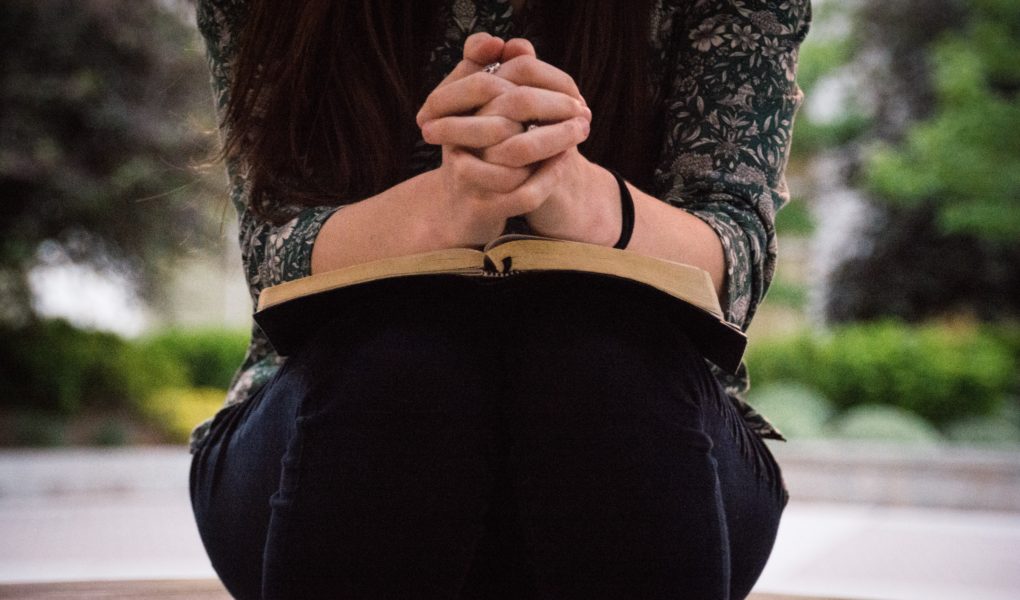When we read about people in the scriptures or hear about people in conference talks, we tend to think that they are somehow better than us. “But if not… faith” (see previous post) is not just for those deserving of mention in the scriptures, however. Each of us will have times when our faith is tested and we will have to determine if it is of the ‘but if not…’ kind.
As a small example, last year we had 2 children praying earnestly for righteous desires. Both sought outcomes which were good and worthy. Both worked diligently and exercised faith. Both were willing to do what the Lord asked. One received a ‘yes’ answer at the soonest possible time and one received a ‘no’ or at least a ‘not yet.’
As we rejoiced with one and ached with another, we were faced with reconciling these two experiences. While we often do not receive answers to our ‘why did this happen?’ type of questions, it is difficult not to ask them all the same. Situations like these test our faith and require us to examine our trust in and reliance on the Lord. It is easy to believe in His goodness when we get what we want. It is far more difficult to have faith in His goodness when the answer is no or the answer is delayed or the answer seems not to come at all. But faith is not faith if it is dependent on things turning out the way we hope. Although we are months past the difficulties of this experience, we don’t know for sure why this child received the answer he did–we may never know. More important is the question of what we will do with the uncertainty. Elder Wickman of the Seventy said “It is in nurturing humility (see Alma 32:6–21) and submissiveness (see Mosiah 3:19) that we may comprehend a fulness of the intended mortal experience and put ourselves in a frame of mind and heart to receive the promptings of the Spirit. Reduced to their essence, humility and submissiveness are an expression of complete willingness to let the “why” questions go unanswered for now, or perhaps even to ask, “Why not?” …I believe that mortality’s supreme test is to face the “why” and then let it go, trusting humbly in the Lord’s promise that “all things must come to pass in their time.” (D&C 64:32) (“But if Not,” Ensign, Nov. 2002)

I still have much I don’t know. There are answers I trust I have yet to fully comprehend and more to examine in my mind and my heart about faith in general and my faith in particular. But there are a few things I know from this and other events that have tested my faith. I know that God is always good. That He acts in love for the good of His children and that while He can intervene to calm the storm or heal the hurt, it is not always best for me or those I love that He does so. His view is far greater and grander than mine. He knows exactly what I need to grow, what capacities I have yet to develop and what is possible that I would never attempt without His encouragement. As President Eyring reminds us: “The Lord doesn’t put us through this test just to give us a grade; He does it because the process will change us.” (“Waiting Upon the Lord,” BYU Speeches, 1990) So, He allows us to experience all the opposition of this life, with its sorrow and pain, its failures and disappointments, its injustice and its wounds because in doing so, we are changed and molded and compelled to decide what it is we want most. But He also provides substantive, meaningful assistance in our process of dealing with the imperfections of mortality. We are not left on our own to figure things out or to withstand hardship. As we continue to rely on Him, even when the answer is ‘no’ or the road is difficult, we find that we are able to endure, to find joy, to learn and to receive His strength and guidance in our extremity. “Know thou…that all these things shall give thee experience, and shall be for thy good…” (D&C 122:7) As we continue to experience that divine assurance and power beyond our own, our faith and our spiritual capacity increases and we come to trust that no matter what the answer or the trial, God is always good. Then, when we are faced with the uncertainties of this life, we can know that while we will be challenged and tested probably more than we would like, and that while we will not always know why things happen the way they do, our response can be one of faith and trust in the goodness of the God who knows all things and will not leave us alone. “Be patient in afflictions, for thou shalt have many; but endure them, for, lo, I am with thee, even unto the end of thy days.” (D&C 24:8)




